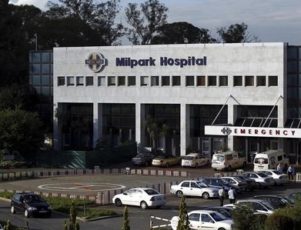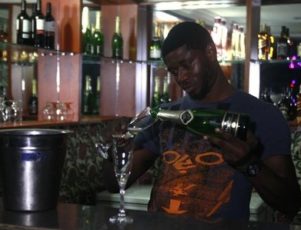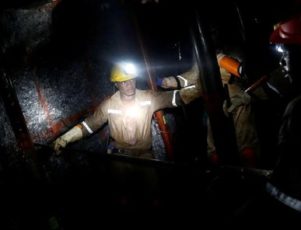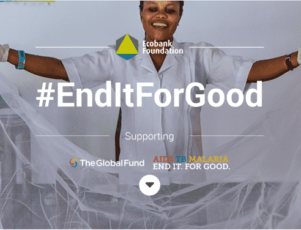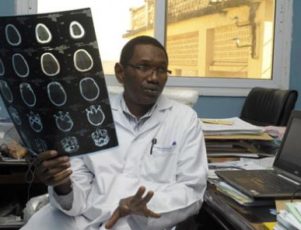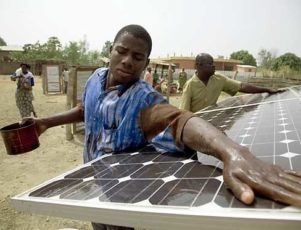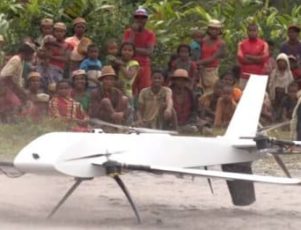(Reuters) – South African private healthcare operator Netcare drew a line under its ambitions in Britain on Wednesday, saying it would exit the market due to difficult trading conditions.
Netcare shares were up 7.7 percent at 1349 GMT following the announcement by South Africa’s third-largest private hospital chain, which has been in Britain for a decade through a controlling stake in BMI Healthcare.
The company, which in September made an all-share offer to buy out minority BMI Healthcare shareholders said it was making the move because trading conditions “remained difficult” across the private healthcare market.
It said a poor performance by BMI Healthcare was the result of National Health Service (NHS) demand management initiatives and weaker private medical insurance demand.
Netcare said in November it would restructure its British operations, after reporting a drop in annual profit due in part to belt-tightening by Britain’s publicly funded healthcare system.
The NHS, which has been operating with an over 1 billion pound deficit and a shortage of beds and staff, has been seeking help from private companies such as BMI Healthcare, Spire Healthcare and Nuffield Health.
However, the total NHS caseload at BMI Healthcare dropped by 4.4 percent year-on-year for the 5 months to the end of February due to “stringent demand management strategies” Netcare said.
Netcare expects the core earnings (EBITDA) margin in the British business to be between 0.8-1.2 percent in the first half of 2018, down from 5.2 percent in the prior period.
Netcare reiterated that underlying trading EBITDA margins across the group are expected to remain broadly flat in the first half of 2018 from a year earlier.
(Reporting by Justin George Varghese in Bengaluru; Editing by Alexander Smith)

